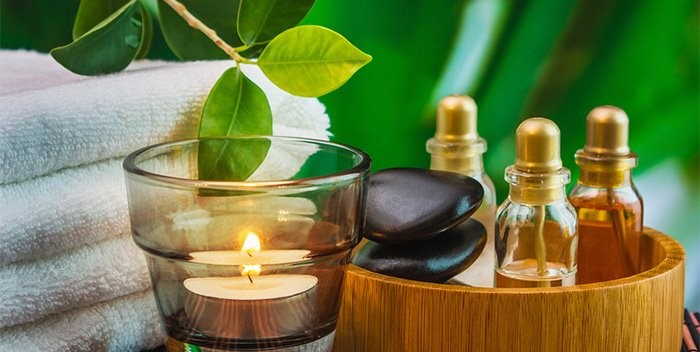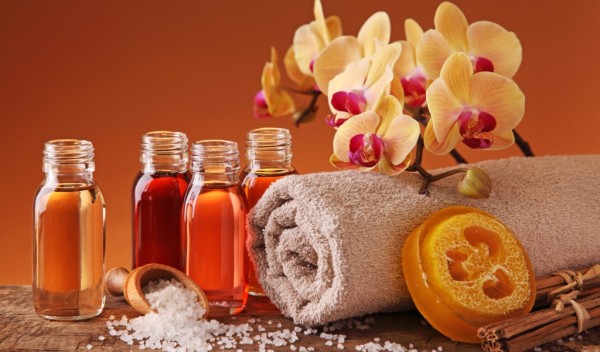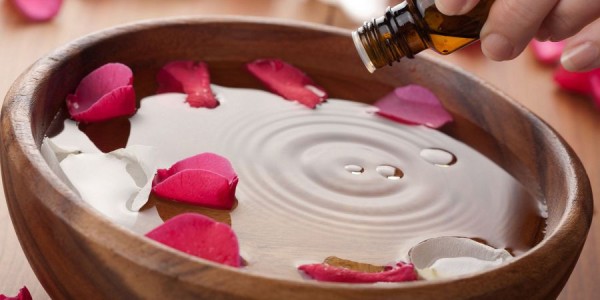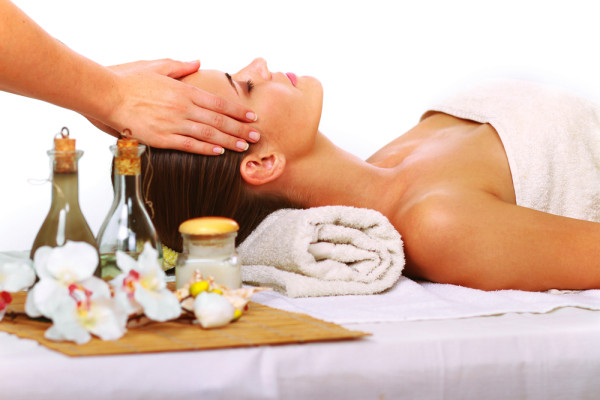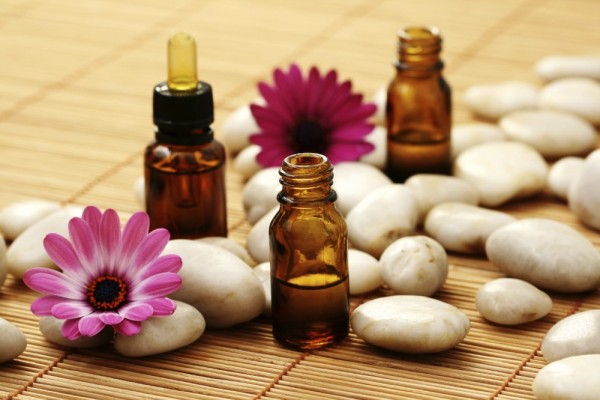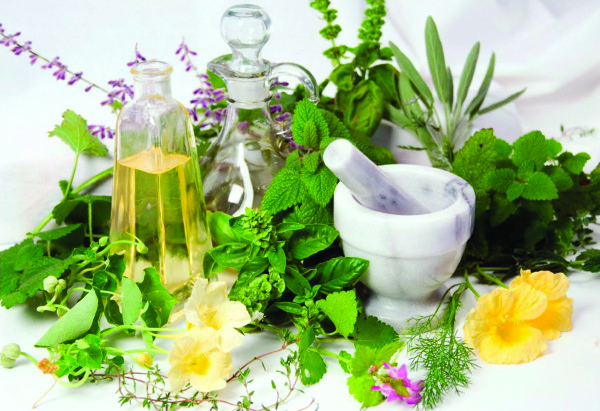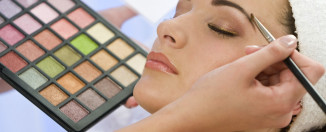Essential oils: benefits, application tips
The wave of everything artificial is gradually fading away, and the fashion for natural is returning to replace it. Nature has everything that is necessary for humanity, including women, to maintain their beauty. Oils play a significant role in maintaining and restoring natural beauty. We will talk about how to use them correctly, which ones and for what purpose - we will talk in this article.
Content
The benefits of essential oils
In addition to aesthetic and healing properties, essential oils have a beneficial effect on the nervous system. Therefore, it is very important when choosing ingredients to choose what you really like. If you are disgusted with the product used, then it will not be useful.
Esters are used everywhere: for taking baths, both relaxing and therapeutic, they make foot baths with them, they take care of facial skin and body. Each of the oils is suitable for a specific application, for example:
- anise oil boosts mood, arousing mild arousal;
- basil is a natural antistress, it gives strength and wonderfully refreshes;
- laurel has a relaxing effect on the body - it is part of many perfumes;
- bergamot helps with depression, increases self-esteem;
- cardamom - very popular in the perfumery industry, like the previous version, it soothes well;
- rosemary is beneficial in the treatment of dark hair;
- sandalwood is an excellent care product oily skin, well tightens enlarged pores;
- mint - actively fights acne and acne, perfectly cleanses the skin;
- orange is the real enemy of cellulite.
But you need to be careful with them, since they do not always benefit from them. In some cases, essential oils can be harmful. For example:
- during lactation, mothers should avoid contact with jasmine, mint, parsley and sage oils - scientists have proven that they can reduce the level of milk production;
- high blood pressure is a contraindication to the use of rose oil, eucalyptus, cypress, sage;
- and when low, you should beware of marjoram, ylang-ylang, lavender, nutmeg;
- with epilepsy, wormwood, fennel, hyssop, sage are dangerous;
- at pregnancy contraindicated mint, rose, cypress, cinnamon, myrrh, thyme, oregano.
It is also important to remember that essential oils should never be used in their pure form. Otherwise, there is a huge risk of severe burns. Dilute oils before use in the same greasy environment. For this, it is customary to use oils marked "base". These include: olive, peach, almond, grape, flax, etc. Find the best option that suits your skin type and use it as directed.
Essential oils: application
As we mentioned earlier, essential oils have a wide range of uses. Let's look at an example where and how each of them can be applied.
Essential oils for face
For the face, the essential oil without reducing the concentration can only be used if a point application is required, for example, when acne treatment... But even in this case, it must be done with caution.
Esters have an excellent ability to penetrate into the deepest layers of the skin and act from within. That is why oils are advised to be added to a store cream in order to enhance its effectiveness.
Even diluting the essential oil with the base, apply the composition on face you need to be careful to make sure that there is no allergies. Study each drug thoroughly, as some of them have contraindications for sunlight. As the skin may become irritated and burned.
- Patchouli oil works well with all skin types, but it is especially harmonious with dry, flabby and oily. It nourishes the skin, eliminates flaking and promotes skin regeneration. It is great in the care of aging skin, as it can smooth out wrinkles... Evens out the complexion and makes it healthy. For daily care, you can add a couple of drops to a regular cream. Dotted, in its pure form, it can treat acne and acne.
- Orange oil (sweet) - Suitable for dry skin types. Ester removes dead epidermis, smoothes and moisturizes the skin. The oil replenishes collagen deficiencies, making it an excellent anti-aging oil. Oily skin, under the influence of orange essential oil, gets rid of excess oil, acne, abscesses and enlarged pores. For face care, simply add 2-4 drops to masks, creams and other skin care products.
- Lemon oil can help whiten pigmented areas of the skin. When mixed with grape seed oil, it is ideal for treating oily skin. To slow down the aging process, lemon is mixed with avocado oil or castor oil. For young skin, lemon oil is an effective prevention of wrinkles. With spot application, with undiluted oil, warts are treated.
Essential oils for the body
The easiest way to use aromatic body oils is with aroma baths. They help to relax, make the skin perfectly smooth. The following bath recipes can be used as a remedy to fight cellulite.
- In a glass of kefir, drop a couple of drops of estuary, 4 drops of rosemary and 6 drops of thyme. Mix everything well and pour into a bath, the water temperature of which is 37-38 ° C. The duration of the procedure is 20 minutes.
- Dissolve a teaspoon of liquid natural honey in a glass of fatty kefir. Add 2 drops of ginger, geranium and black pepper oil there. Taking a bath, as in the previous case, 20 minutes.
- Dissolve a couple of tablespoons of sea salt in a glass of full-fat milk. Add a few drops of orange and lemon oils. Mix everything well and pour into the bath.
- For acne on the body, the following recipe is suitable: add lemon, lemon balm and rosemary in a couple of drops and 4 drops of bergamot to a glass of kefir.
- Baths with fennel will help remove toxins from the body, as well as get rid of a couple of kilograms. Dissolve 5 drops of essential oil in 50 ml of the fattest cream. Taking a bath - 15 minutes.
- To combat cellulite, you can try massage. Take any citrus oil you like and mix it with honey. Massage the problem areas of the body with the composition. After that, leave the mass on the skin for 15 minutes and rinse.
- A composition of avocado oil and 10 g of grape seed oil is suitable for massage.
- Mix 2 drops each of orange oil, juniper oil, and black pepper. With the resulting mass, massage every other day, for 15-20 minutes.
- Rosemary, anise and petitgrain can help tighten and elasticize the skin. Mix all the ingredients in equal proportions, add any base oil (jojoba is fine in this case) and apply to problem areas.
Essential oils for hair
When choosing a hair oil, always rely on the type of the latter.
- For dry curls, lavender, sandalwood, geranium and aloe oils are preferred.
- For oily hair, use cypress, rosemary, lemon and mint oils.
- For the normal type, choose cedarwood, thyme, sage, and lemon oils.
It is also worth deciding which side of your hair does not suit you and after that select the recipe.
- Jojoba and avocado are wonderful hair moisturizers.
- The tea tree can provide comprehensive treatment for hair loss and dandruff. Optimizes sebum production, making it perfect for oily hair.
- Do you want to grow thick and long hair quickly and efficiently? Then rosemary oil will help you! In addition to accelerated growth, oil helps to heal curls.
- Prevention and treatment of split ends will be carried out with castor oil. By the way, it is no less effective in the fight against dandruff.
- Have your hair lost its silkiness and shine? Ylang-ylang is the elixir that will give your hair a mirror-like shine and a breathtaking scent. For hair care, simply add a few drops to your hair shampoo and wash your hair as usual.
Attention! Always test for allergic reactions before trying essential oils. This will help to avoid many problems. Otherwise, the effect of the application will be exactly the opposite.
DIY essential oil
The factory product is good, but the handmade one is even better. Therefore, if you really want to take care of yourself only with natural preparations, try to prepare them yourself. Here are some recipes for essential oils.
Lavender oil
You will need 2 tablespoons of flowering lavender stems and a glass of base oil (your choice). Combine the ingredients, pour into a tube with a tight lid and place in a dark place for a couple of months. Shake occasionally.
Orange oil
Peel 2-3 oranges and rinse. Chop finely and place the raw materials in a jar and cover with vegetable oil or any other base oil. Leave in a dark place for 4-5 days. After that, put the jar in a water bath, after opening the lid, for half an hour. Finally, strain the composition through a sieve.
Melissa oil
Pour a couple of tablespoons of dry lemon balm herb with a glass of base oil and leave to infuse for a couple of months in a dark place. At the end, strain the composition and use it to your health.
Calendula oil
Take calendula flowers and base oil in a 1: 5 ratio. You need to insist for at least three weeks. After that, the oil must be filtered and poured into a dark jar.
Lemon oil
Take a 200 ml jar and fill halfway with finely grated lemon zest. Pour olive oil there so that it reaches the neck. Leave the tube in the sun for 2-3 weeks. Shake the container daily. At the end, strain the composition. The oil is ready.
Almost all essential oils are prepared according to this principle at home.
Essential oils: reviews
Despite the fact that natural cosmetology is considered to be slow-acting, essential oils refute this opinion. Anyone who used esters for specific purposes, while carefully selecting the ingredients and observing the regularity of the procedures, received excellent results very soon.
Some have been diagnosed with an allergic reaction, but this is not the fault of the product, but rather the fault of the user. To avoid this kind of trouble, always check for allergies by applying a little of the compound to the bend of your elbow.
